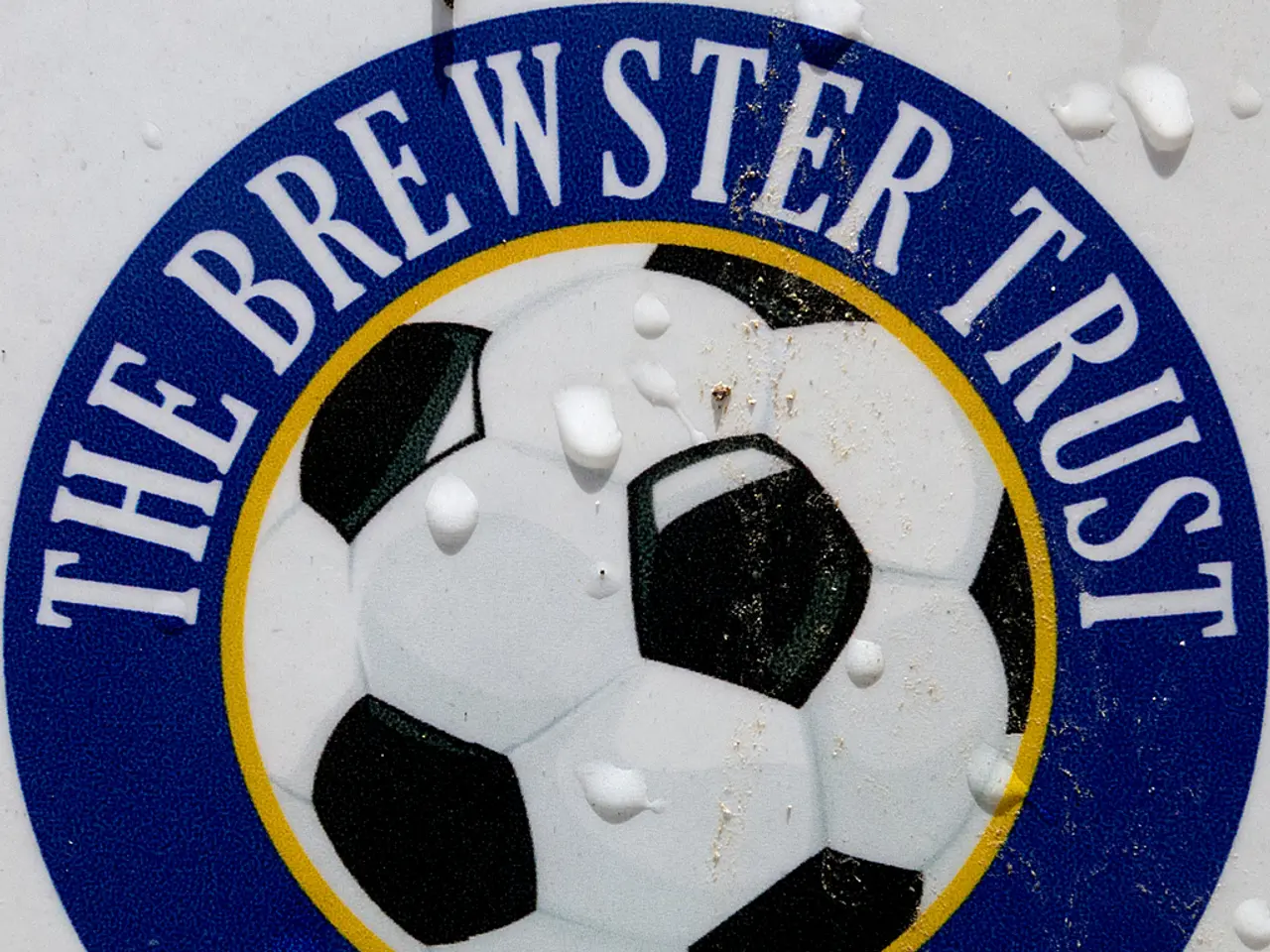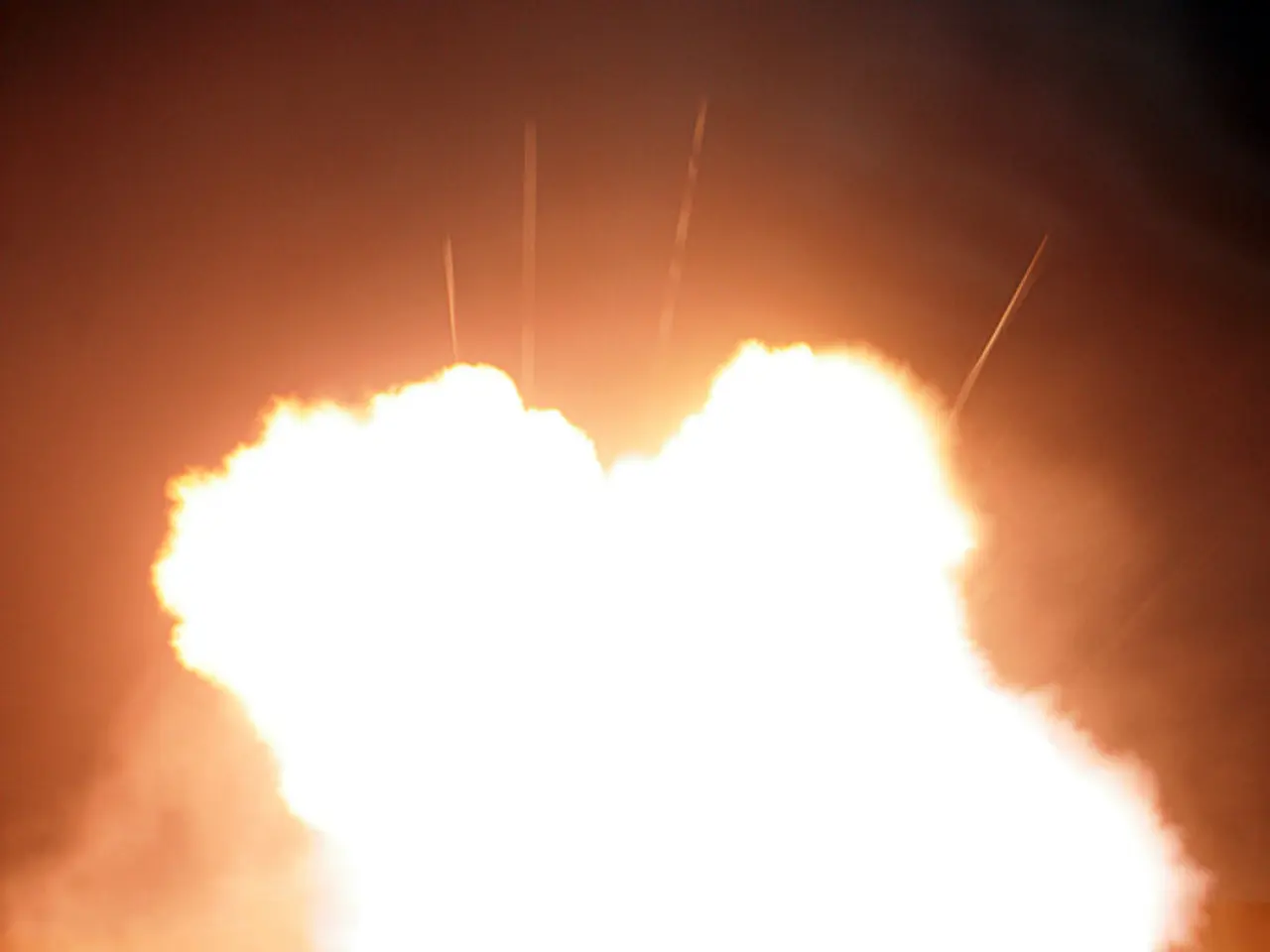Paris Saint-Germain Sailing Through Effortlessly
In the world of football, the line between sports and politics has become increasingly blurred. Major clubs, particularly those with significant financial power, are often owned by entities with political connections, raising concerns about the impact on the sport's integrity and global balance.
One of the most high-profile examples is Saudi Arabia's Public Investment Fund (PIF), controlled by Crown Prince Mohammed bin Salman (MBS), which owns Newcastle United. This ownership forms part of a broader strategy by Saudi Arabia to use football and other sports to improve its international image and diversify its economy. However, the PIF's involvement in football clubs has attracted criticism due to the country's human rights record, and there are concerns that football clubs can become tools for geopolitical influence rather than purely commercial enterprises.
Manchester City, owned by Abu Dhabi’s sovereign wealth fund since 2008, represents a similar example of state-backed investment used for soft power and international branding. Their substantial financial backing has challenged traditional European football hierarchies and sparked debates about financial fair play and competitive balance. Paris Saint-Germain (PSG), owned by Qatar Sports Investments (QSI), is another example of a club under sovereign ownership from the Middle East, showcasing the use of deep financial resources to dominate sporting competition and global markets.
Among wealthy private owners, the American consortium Fenway Sports Group (John W. Henry), who owns Liverpool, is generally regarded as more transparent and successful from a sporting and financial perspective. However, even here, there have been occasional questions over investment strategies and club sales rumors.
The impact of these ownerships on football is multifaceted. Competitive disparities and financial imbalances have emerged as clubs backed by sovereign wealth funds or billionaires can outspend rivals, skewing competition and raising concerns about fairness. Political and ethical controversies arise from owners linked to regimes with poor human rights records, leading to accusations of "sportswashing" — using football to improve reputations and distract from contentious governance issues.
Globalization and commercialization have intensified, with clubs increasingly wielding their brands for international marketing, sponsorships, and broadcasting deals, often at the expense of local traditions and fan cultures. Football governance faces challenges as evolving ownership models complicate regulations intended to maintain competitive integrity and financial sustainability.
In summary, the most questionable owners are those with significant political ties and ambitions beyond football. Their investment strategies raise ethical questions and reshape the sport's competitive and cultural landscapes. The influence of these financially powerful global players underscores the deep entanglement of football with global political and economic power plays.
Business and finance are intertwined as wealthy entities, including foreign governments, invest in football clubs to expand their influence and improve their global image. For instance, Saudi Arabia's Public Investment Fund owns Newcastle United and Abu Dhabi’s sovereign wealth fund owns Manchester City, while Qatar Sports Investments owns Paris Saint-Germain, not just as commercial enterprises, but also as tools for geopolitical influence in the world of sports, particularly football.





